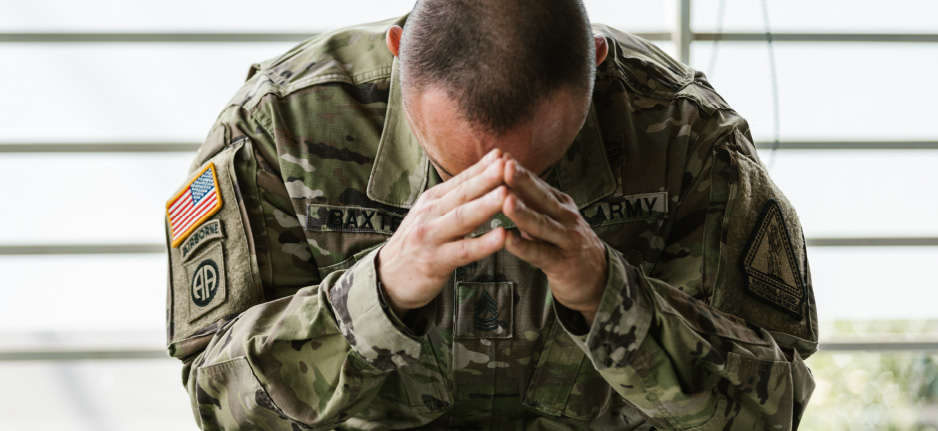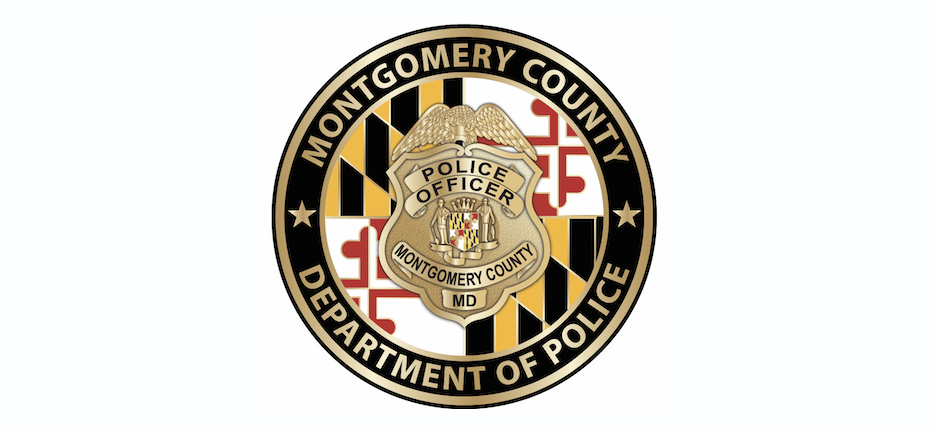Around 1 in 11 people in the United States are affected by post-traumatic stress disorder (PTSD). According to the Anxiety and Depression Association of America (ADAA), an estimated 8 million people in the U.S. have PTSD. The U.S. Department of Veterans Affairs (VA) notes that between 11% to 20% of Operations Iraqi Freedom and Enduring Freedom veterans have PTSD, as do 12% of Gulf War veterans and 15% of Vietnam War veterans. Military sexual assault is another incident in which PTSD can develop, as can sexual assault incidents in the civilian population. Those are frightening statistics, not just for the general population but more so for those who bravely served our country.
With anxiety disorders like PTSD being so prevalent, especially among our veterans, it seems like there is a huge need for further research into more effective and novel treatment. Cannabis, for example, has “been evaluated as an alternative and novel treatment option with 16 states legalizing its use for PTSD.” Currently, most treatment is limited primarily to antidepressants even though the Veterans Affairs/Department of Defense guidelines “do not recommend pharmacotherapy as a first-line option”.
What’s PTSD?
Post-traumatic stress disorder is a psychiatric disorder that may occur in people who have experienced or witnessed a traumatic event, including a natural disaster, serious accident, rape, or combat. After World Wars I and II, returning American soldiers were regularly diagnosed with “shell shock.” After the Korean conflict and the Vietnam war, this came to be known as “battle fatigue” or “combat exhaustion.” Ultimately, all those terms more or less refer to PTSD.
PTSD symptoms (nightmares, self-destructive behavior, panic attacks, hypervigilance, detachment, and overwhelming emotions) can be debilitating or even fatal for the sufferer or those around them.
Has there been research on medical cannabis as a treatment?
Until very recently, research on the use of THC and/or cannabidiol (CBD) for any medicinal purposes was primarily anecdotal, which meant that it relied primarily on unscientific, first-hand accounts of subjects who fit the criteria for whatever was being studied. Associate Professor of Psychiatry and Behavioral Neurosciences Leslie Lundahl, Ph.D. from Wayne State University’s School of Medicine recently cited that “despite increasing medicalization and legalization of cannabis use across the United States, the safety and effectiveness of therapeutic cannabis/cannabinoids are not yet well established”.
However, it seems that the trend may be changing, as two recent studies have shown the efficacy of THC and cannabinoids in reducing the effects of PTSD.
The Wayne University study
A 2020 study by Wayne State University on “threat-related amygdala activation” (the amygdala is responsible for the “fight-or-flight” response in humans) through fMRI (functional Magnetic Resonance Imaging) demonstrated that there is a measurable and quantifiable reduction of “fear and anxiety in situations designed to trigger fear” in those who took low doses of THC, including participants of the study who had a PTSD diagnosis.
The authors of the research concluded that their “data suggest that THC modulates threat-related processing in trauma-exposed individuals with PTSD, which may prove advantageous as a pharmacological approach to treating stress- and trauma-related psychopathology.” In other words, the THC adjusted/lowered the activation of the amygdala, thus reducing how “triggered” the subject felt.
The Federal University of Parana study
In another study performed at the Federal University of Parana in Brazil, researchers investigated eliminating the intensity of the memory associated with trauma through a psychological phenomenon known as Extinction. For most people who experience a traumatic event, fear and anxiety usually go away after 6 months, and new memories override the memories associated with the original trauma. However, research “supports the hypothesis that fear extinction is impaired in [persons with] PTSD.”
Although there is some debate about the exact mechanics of the process, it is theorized that Extinction works by “unlearning” the triggering association, or by learning a new association that masks the original traumatic association. The researchers of this study concluded that “at low doses, THC [or THC combined with CBD] can enhance the extinction rate and reduce anxiety responses.” This review performed a comprehensive analysis of peer-reviewed, published studies and randomized controlled trials published from 1976-2020 to find evidence to either support or reject the extinction theory on traumatic events.
How can I get help for my PTSD?
In Maryland, if you are affected by any of the qualifying medical conditions and meet the legal criteria detailed by the Maryland Medical Cannabis Commission (MMCC), you can receive a medical cannabis certification. According to the MMCC’s Patient FAQ, a person can become certified by a registered provider with whom the patient has a “bona fide provider-patient relationship.” Medical cannabis certification can be given to a patient “if the patient has a chronic or debilitating disease or medical condition that causes [...] post-traumatic stress disorder (PTSD), or another chronic medical condition which is severe and for which other treatments have been ineffective.”
There is no reason or need to continue suffering if you qualify for certification. Our website has the resources you need to answer your questions about treating PTSD (and other medical conditions) as well as the information you need to find a registered provider to help you get your medical cannabis certification. Learn how to get your MMCC card here.



